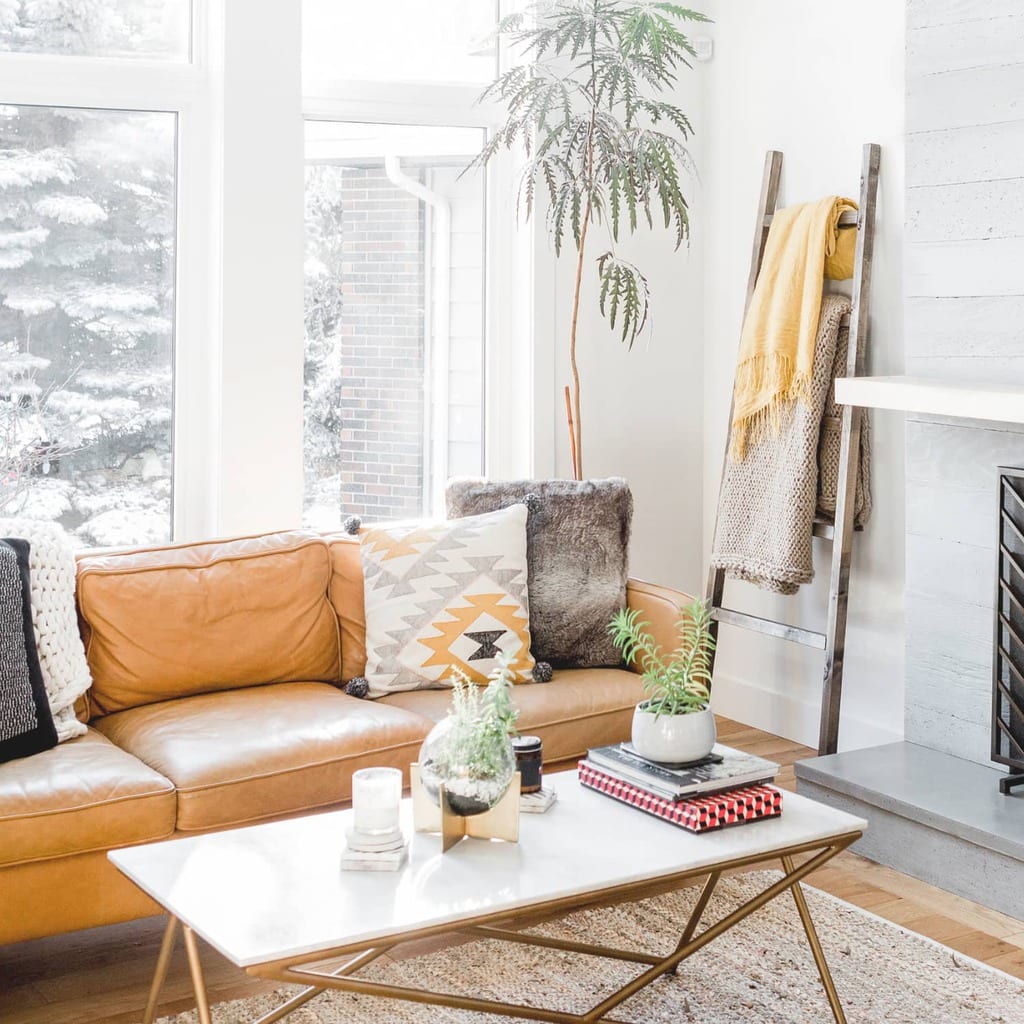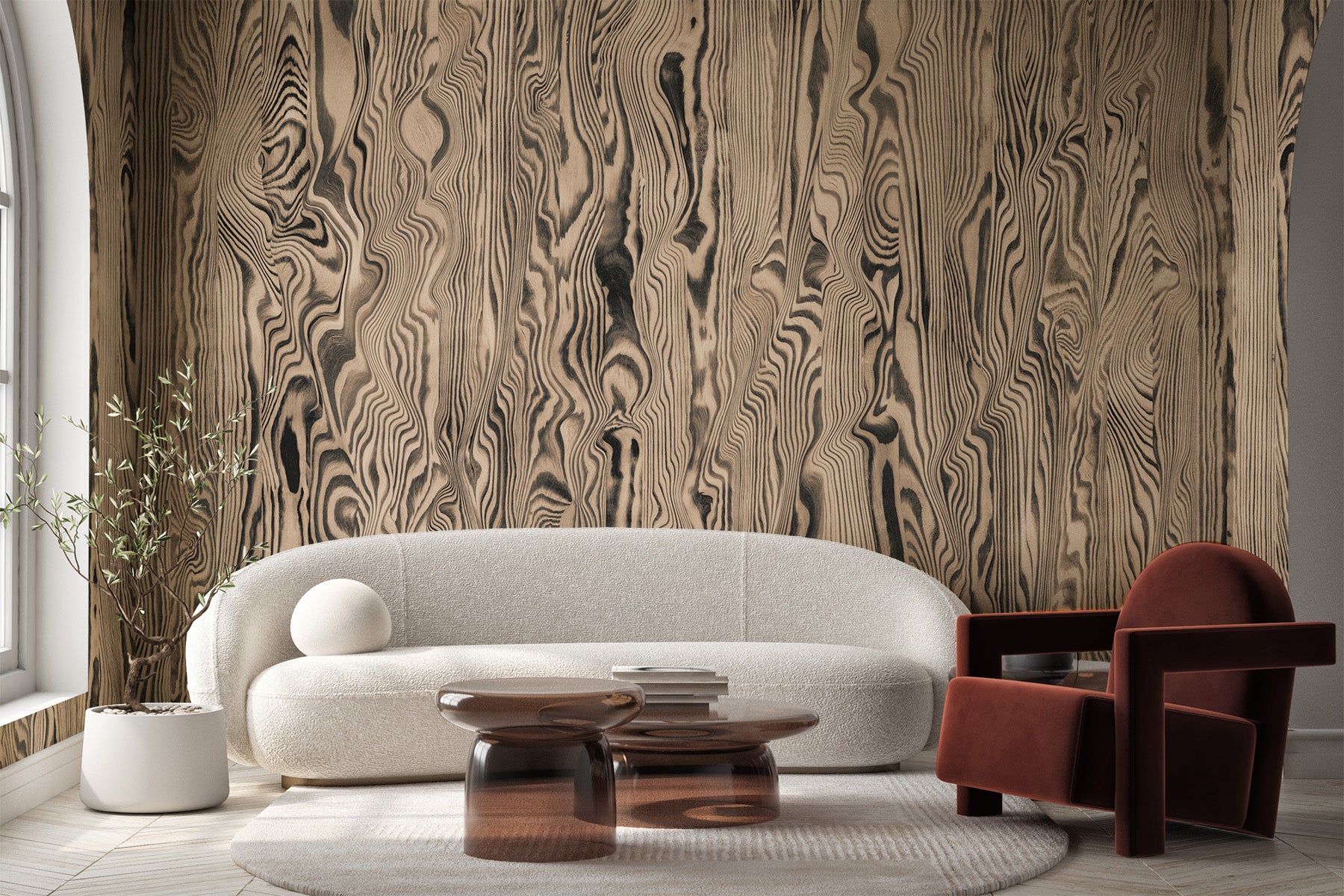Exploring the Long-Term Effect of Minimalism on Psychological and Emotional Well-being
Exploring the Long-Term Effect of Minimalism on Psychological and Emotional Well-being
Blog Article
Recognizing Minimalism: Methods for Reducing Mess and Enhancing Clarity in Everyday Living
Minimalism is progressively recognized as a practical strategy to boosting clearness and focus in today's messy globe. By methodically evaluating our properties and prioritizing intentionality, we can develop areas that not just reflect our worths but likewise promote psychological health. Employing approaches such as the "Four-Box" strategy can facilitate a much more well organized environment, yet truth obstacle exists in growing a minimal frame of mind that sustains these efforts. Discovering the subtleties of this viewpoint may disclose shocking understandings into exactly how you can transform your every day life. What might you discover when you welcome this willful simpleness?
Specifying Minimalism and Its Benefits
Specifying minimalism includes comprehending it as a lifestyle choice that emphasizes simpleness and intentionality in both day-to-day regimens and physical possessions. At its core, minimalism motivates individuals to prioritize what really matters, enabling for a more purposeful and focused presence. By stripping away the non-essential, minimalism invites people to engage deeply with their environments and experiences.
It fosters mental clarity, as decreasing mess in one's environment can lead to decreased interruptions and tension. Minimalism promotes monetary liberty; by focusing on needs over desires, individuals can make even more educated getting choices, leading to prospective cost savings and reduced debt.
Ultimately, minimalism is not simply regarding material reduction yet entails an all natural change in perspective, promoting a life identified by equilibrium, fulfillment, and function. Accepting this lifestyle can result in profound adjustments in exactly how people interact and perceive with the globe around them.
Analyzing Your Present Mess
Clutter often manifests as an overwhelming buildup of things that no more offer a purpose, developing an obstacle to achieving a minimalist way of living. To successfully examine your present mess, it is vital to embrace a methodical strategy. Begin by determining the areas in your space that feel chaotic or overwhelming. Remember of specific groups of items, such as apparel, publications, or kitchenware, as this will aid you understand the scope of the clutter.

Additionally, take into consideration the regularity of usage for each item. Inevitably, understanding your present clutter is an important step towards welcoming minimalism and improving clarity in your everyday living.

Practical Decluttering Strategies
Having actually evaluated your existing mess, the following step is to execute functional decluttering techniques that help with a more organized living area. Minimalism. One efficient approach is the "Four-Box" method, where you mark four boxes labeled: maintain, donate, trash, and relocate. This method encourages quick decision-making and makes sure things are classified suitably
Another strategy is the "One in, One out" policy, which stipulates that for every single brand-new thing gotten, an existing product needs to be eliminated. This principle assists keep balance and stops build-up gradually. Additionally, take into consideration the "30-Day Minimalism Game," where you eliminate one thing on the initial day, 2 on the 2nd, etc, cumulatively fostering a feeling of success.
For those who battle with emotional attachments to belongings, the "Nostalgic Value" method can be useful. Limit yourself to a specific number of cherished items, allowing you to value their relevance without frustrating your area. Finally, develop a normal decluttering timetable, whether month-to-month or seasonally, to keep a clutter-free setting. By employing these methods, you can produce a more reliable and peaceful living space, inevitably enhancing clarity in your day-to-day life.
Creating Intentional Rooms
Creating intentional rooms entails a thoughtful approach to how we style and organize our atmospheres, making certain each location serves a certain objective and reflects our worths. This method is important in growing a sense of clarity and purpose in our lives. By critically analyzing the feature of each area, we can get rid of diversions and improve our general wellness.
To develop deliberate areas, start by recognizing the primary tasks a fantastic read that will take place in each location. For example, a home office must be made to foster performance, incorporating elements such as sufficient illumination, comfy furnishings, and very little interruptions. On the other hand, a relaxation location should promote peace, featuring comforting colors and comfortable seats.
In addition, take into consideration the psychological effect of your environments (Minimalism). Including personal items that resonate with your values, such as art work or plants, can boost the connection to your space. On a regular basis review these environments to guarantee they continue to offer their designated function as your requirements evolve
Eventually, creating intentional areas has to do with making aware selections that straighten with your lifestyle, advertising harmony and performance in your living and functioning settings.
Keeping a Minimalist Attitude
Accepting a minimal mindset calls for ongoing reflection and intentionality in our ideas and actions. This method involves cultivating recognition of our worths and top priorities, allowing us to filter distractions and concentrate on what absolutely matters. To keep this way of thinking, normal self-assessment is essential. Allot time to examine your commitments, ownerships, and even electronic web content, ensuring they align with your core principles.
An additional key approach is to practice gratefulness. Recognizing what you already possess fosters contentment and lowers the wish for unwanted. This change in point of view motivates appreciation for simplicity, boosting overall health. Including mindfulness techniques, such as meditation or journaling, can even more reinforce a minimal state of mind by promoting quality and minimizing mental clutter.
In addition, establish limits to safeguard your energy and time. Learn to say no to non-essential obligations and interruptions that do not add to your personal growth. Border on your own with similar individuals that sustain your minimal journey, as shared values can enhance motivation and liability.
Conclusion
In final thought, accepting minimalism provides considerable benefits, including decreased clutter and boosted quality in everyday life. The concepts of minimalism serve as valuable devices for growing a setting that sustains personal growth and health.

Additionally, take into consideration the "30-Day Minimalism Game," where you eliminate one thing on the initial check out this site day, 2 on the second, and so forth, cumulatively cultivating a sense of success.
In conclusion, welcoming minimalism offers substantial benefits, consisting of reduced mess and boosted clarity in daily life.
Report this page